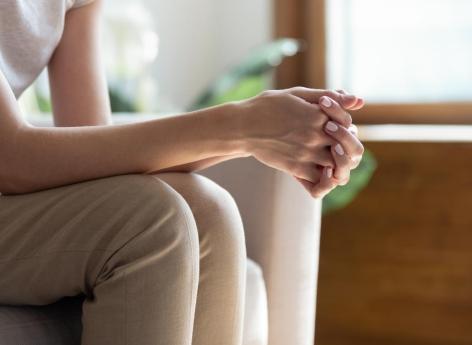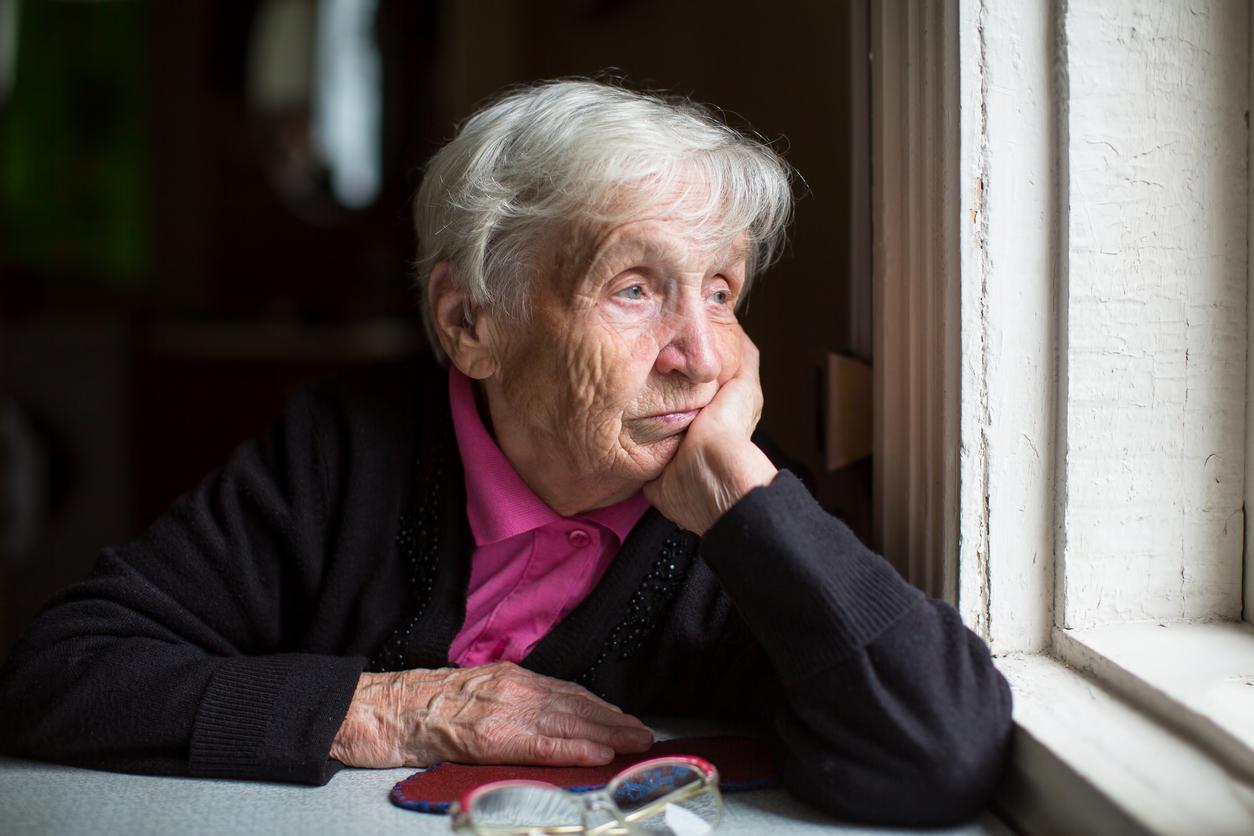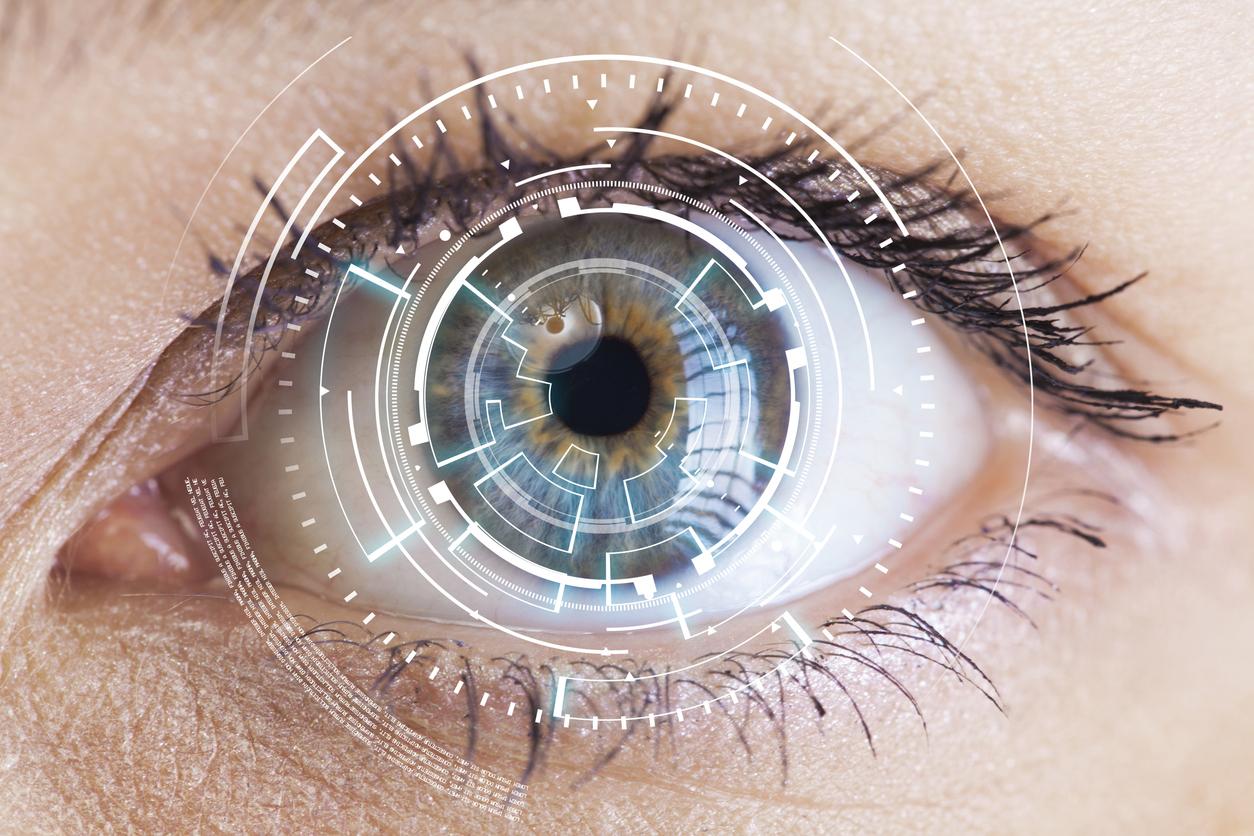The loss of a loved one can cause long-term clinical depression, have consequences on employment, on isolation or even lead to pathologies, particularly cardiovascular. While few people are taken care of in an appropriate way, Why Doctor went to meet Empreintes, an association specializing in bereavement support.

This summer, the story ofan American woman who died of grief hours after the death of her husband made headlines. Desperate for the death of her beloved, the woman was said to have suffered from “broken heart syndrome”. Medically, we speak of the Tako-Tsubo phenomenon. The latter is characterized by a myocardial stunning occurring caused by a emotional stress. But if few people die of grief following the death of a loved one, the consequences of mourning on mental or psychological health are nonetheless considerable and largely ignored in our society. According to theNational Suicide Observatorybereavement is also a major risk factor for suicide.
“Pathological grief concerns about 5% of mourners. Only a doctor can diagnose it”, explains Marie Tournigand, general delegate of Imprints Associationspecializing in bereavement support and which has just published a survey carried out by the Credoc: “The French in the face of mourning”, in April 2019.
“One in two people who experience bereavement report an impact on their health. The grieving process goes through an adapted, normal episode of depression. But it happens that the person has dangerous or addictive behaviors: he takes risks, consumes more alcohol, tobacco, drugs, food. One in two people who contact us here have suicidal thoughts and want to die to join the loved one and no longer suffer,” she explains.
39% of bereaved suffer from psychological consequences in the following year
On physical health, many studies show an increase in cardiovascular diseases and strokes, as well as an aggravation of cancers, after bereavement. In detail, French studies have already noted 80% excess mortality in the first year of widowhood in men and 60% in women. Among 50-70 year olds, the researchers also observed an increase in the hospitalization rate of 20 to 30% after the loss of a loved one. In addition, 39% of people who have suffered bereavement suffered psychological consequences which, for half of them, lasted more than a year. Finally, 77% of orphaned pupils indicate at least one negative influence on their schooling and 49% on their health.
According to the latest Credoc d’Empreintes study59% of the bereaved suffered an alteration in their health or physical condition and 51% felt physical exhaustion, 20% of them for more than a year.
“When a person is still suffering six months later, it’s absolutely normal, it’s in no way pathological, but the received ideas we have about bereavement make the person think they’re sick,” Marie Tournigand explains.
“We are made of the people around us”
And if the films show us a process of mourning broken down into five stages: shock/denial, anger, bargaining, depression, acceptance, at accelerated speed, the reality is much more complicated. “What we see in the clinic is first of all the amazement, like a kind of anesthesia at the time of death or even if it was planned and the person died of old age or illness. The shock is quite brutal, which means that we protect ourselves by a kind of automatic pilot. That’s how we manage to organize the funeral, to receive people, to continue to talk without collapsing”, declares Marie Tournigand.
“Then we will be in search of the other, to act “as if” he still exists because we still have in mind his voice, his smell, photos or clothes. All this protects us from absence. The third stage, the longest and most painful and which comes a few months later, is that of the depressive experience: we continue to have affection for the person but their absence becomes real and cruel. Finally, the last stage is that of reconstruction, where we will gradually transform the bond we had with the other to make it live inside us. Even if he is dead, he is part of us since we are made of the people around us”, continues the general delegate of Empreintes.
Sometimes the silence lasts for decades
Of course, the way to grieve depends a lot on age. In children, the reality of the loss of a loved one is particularly complex to assimilate. “Children feel everything, but they don’t have the same representations of death as we do. For a child, when you’re dead, it’s not forever. Before the age of 7, we have the feeling that the parent, the brother or the sister, will come back. They can either have a behavior that changes in terms of sleep, food, schooling or even arousal. On the contrary, they can let nothing show and it can be quite invisible. But that doesn’t mean that they don’t mourn and don’t ask themselves questions”, assures Marie Tournigand. Sometimes this silence lasts for decades.
“At the association, we receive calls from people who realize forty years later that they have never spoken about their parents and want to do so now,” she explains. And invite to watch Destiny of orphans,“wonderful documentary” directed by Karine Dusfour and Elisabeth Bost who follows the journey of families in mourning.

















